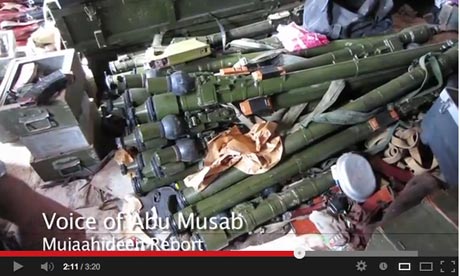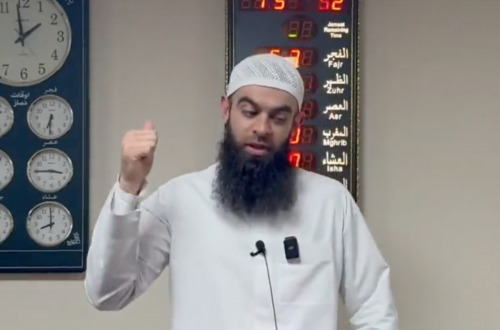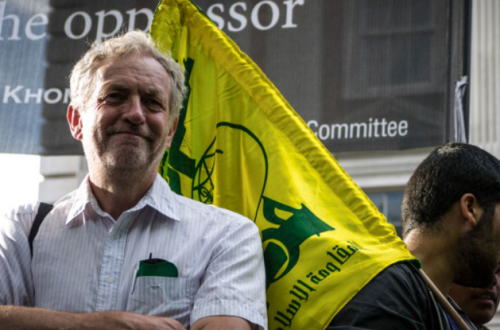There have been plenty of persuasive pieces written about supplying arms to the Syrian rebels of late. Notably, last week Nick Cohen wrote how “Syria is bleeding to death and the west stands by” arguing that “the western leadership is shamefully indifferent to the abuses committed by Assad”.
William Hague and David Cameron, along with the French, and Barack Obama are pushing the idea of arming the Syrian rebels or providing some kind of military aid to rebels after confirming “for first time that [the US] has evidence of nerve gas use”.
Last night, Tony Blair also called for the West to arm the rebels: “You’ve got the intervention of Hezbollah, at the instigation of Iran. The other big change is the use of chemical weapons. Once you allow that to happen – and this will be the first time since Saddam used them in the 1980s – you run the risk of it then becoming an acceptable form of warfare, for both sides,” he told the Times.
However, amidst all of this there is the question of where the weapons will end up?
In the Guardian yesterday a Syrian Free Army fighter, Captain Ammar Jamal, was quoted saying: “We want to know if the US sends weapons to the Syrian rebels, who will get them? I’m afraid they will fall in the hand of the arms dealers and we get nothing.”
All adding to growing fears that arms will end up in the hands of Islamic fighters who will inevitably turn these on the West at some point.
Those fears were added to by a report last night that Sunni jihadist groups in northern Syria have secured a large supply of the type of anti-aircraft missiles that the West has been trying to keep away from rebel groups fighting the civil war.
The possession of the arms was revealed in a video said to be made by a Chechen-dominated jihadist group of foreign fighters called Katiba al-Kawthar. It is narrated by a British jihadist with a strong northern accent calling himself Abu Musab. In the video the Islamist group shows off its arms stockpile that includes around 30 Soviet era SA-16 SAM missiles, which pose a deadly risk to most types of aircraft.
It is these types of weapons that the Syrian rebels want more of, according to Jamal: “We need to know what kinds of weapons, are they going to send me a gun, what am I going to do with a gun? We want anti-aircraft’s launchers and ant tanks missiles would be great.”
Yesterday, Normblog highlighted a piece by Michael Walzer, via a report in the Times of Israel:
[Walzer] said that his position on Syria gradually shifted from skepticism about US military intervention in the early days of the uprising to staunch opposition to it today.
“Now you have jihadi fighters on the one hand and Hezbollah on the other, and it really doesn’t look like there’s much to choose between… It’s almost impossible to describe a desirable outcome in this civil war, and if you don’t have a desirable outcome – you can’t intervene.”
Cameron faces opposition in Europe to his desire to arm the rebels. German Chancellor Angela Merkel has said
that Germany’s position that it would not send weapons to the rebel forces remained unchanged.
He also faces coalition opposition at home. Earlier today Nick Clegg, the deputy prime minister, stressed the conflict was a civil war and no UK decision on arming the rebels appeared imminent.
Clegg told the BBC’s Andrew Marr show: “At this point we’re not providing arms. If we wanted to, we would do it. We clearly don’t think it is the right thing to do now or else we would have decided to do it.”



